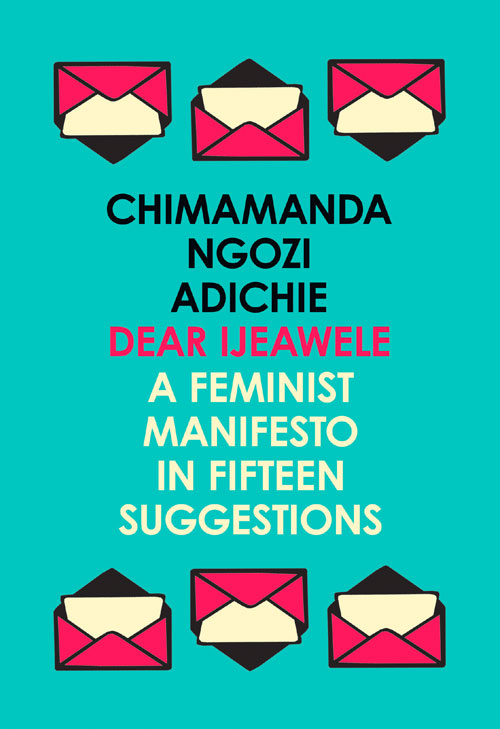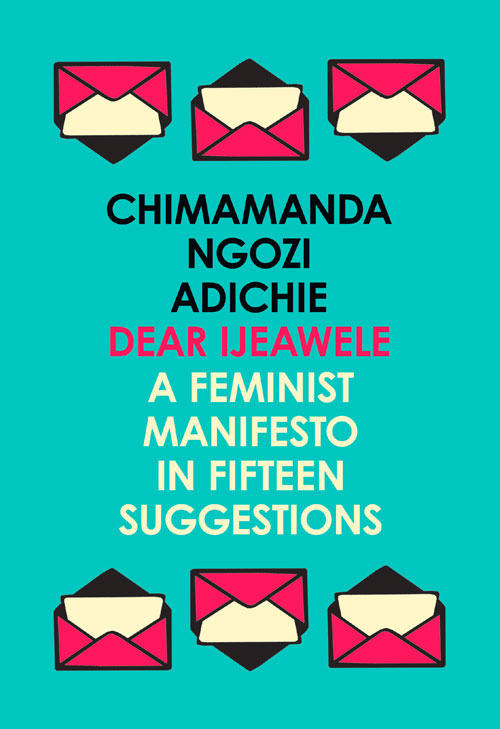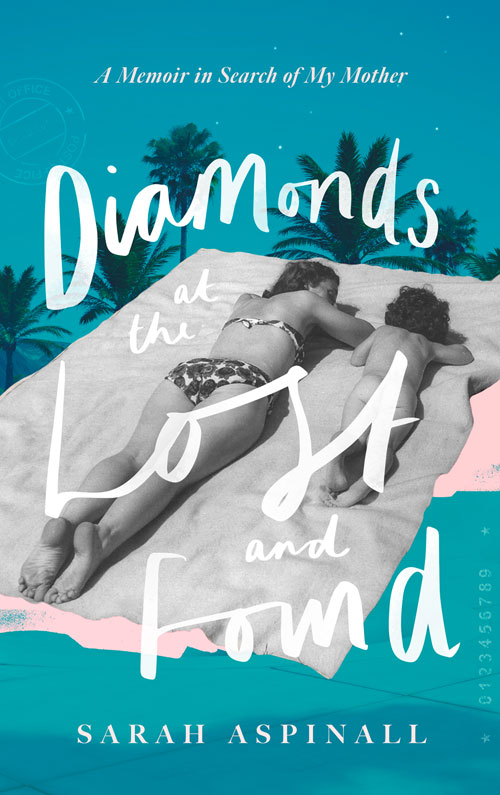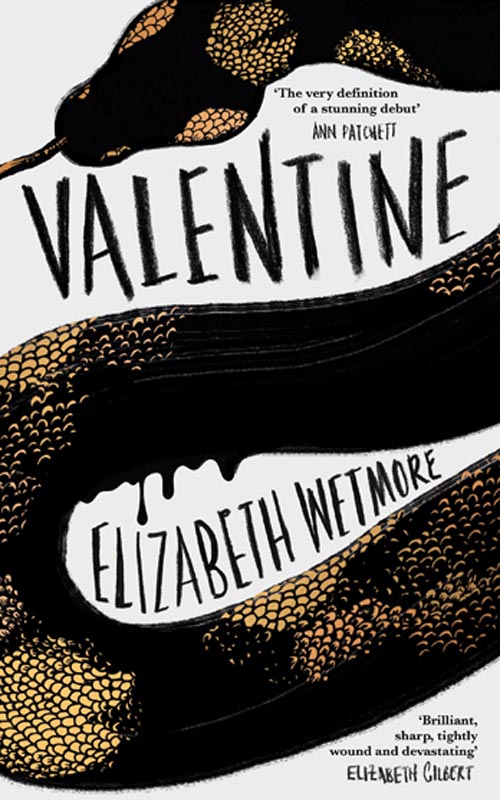How do you raise a child to be a feminist?
Dear Ijeawele by Chimamanda Ngzoi Adichie offers fifteen compelling, direct and perceptive suggestions to empower a daughter to become a strong, independent woman.
Together they start a new and urgently needed conversation about what it really means to be a woman today.
Enjoy this extract.
Third Suggestion
Teach her that the idea of ‘gender roles’ is absolute nonsense. Do not ever tell her that she should or should not do something because she is a girl.
‘Because you are a girl’ is never a reason for anything. Ever.
I remember being told as a child to ‘bend down properly while sweeping, like a girl’. Which meant that sweeping was about being female. I wish I had been told simply, ‘bend down and sweep properly because you’ll clean the floor better’. And I wish my brothers had been told the same thing.
There have been recent Nigerian social media debates about women and cooking, about how wives have to cook for husbands. It is funny, in the way that sad things are funny, that we are still talking about cooking as some kind of marriageability test for women.
The knowledge of cooking does not come pre-installed in a vagina. Cooking is learned. Cooking – domestic work in general – is a life skill that both men and women should ideally have. It is also a skill that can elude both men and women.
We also need to question the idea of marriage as a prize to women, because that is the basis of these absurd debates. If we stop conditioning women to see marriage as a prize, then we would have fewer debates about a wife needing to cook in order to earn that prize.
It is interesting to me how early the world starts to invent gender roles. Yesterday I went to a children’s shop to buy Chizalum an outfit. In the girls’ section were pale creations in washed-out shades of pink. I disliked them. The boys’ section had outfits in vibrant shades of blue. Because I thought blue would be adorable against her brown skin – and photograph better – I bought one. At the checkout counter, the cashier said mine was the perfect present for the new boy. I said it was for a baby girl. She looked horrified. ‘Blue for a girl?’
I cannot help but wonder about the clever marketing person who invented this pink-blue binary. There was also a ‘gender-neutral’ section, with its array of bloodless greys. ‘Gender-neutral’ is silly because it is premised on the idea of male being blue and female being pink and ‘gender-neutral’ being its own category. Why not just have baby clothes organized by age and displayed in all colours? The bodies of male and female infants are similar, after all.
I looked at the toy section, which was also arranged by gender. Toys for boys are mostly active, and involve some sort of doing – trains, cars – and toys for girls are mostly passive and are overwhelmingly dolls. I was struck by this. I had not quite realized how early society starts to invent ideas of what a boy should be and what a girl should be.
I wished the toys had been arranged by type, rather than by gender.
Did I ever tell you about going to a US mall with a seven-year-old Nigerian girl and her mother? She saw a toy helicopter, one of those things that fl y by wireless remote control, and she was fascinated and asked for one. ‘No,’ her mother said. ‘You have your dolls.’ And she responded, ‘Mummy, is it only dolls I will play with?’
I have never forgotten that. Her mother meant well, obviously. She was well versed in the ideas of gender roles – that girls play with dolls and boys with helicopters. I wonder now, wistfully, if the little girl would have turned out to be a revolutionary engineer, had she been given a chance to explore that helicopter.
If we don’t place the straitjacket of gender roles on young children, we give them space to reach their full potential. Please see Chizalum as an individual. Not as a girl who should be a certain way. See her weaknesses and her strengths in an individual way. Do not measure her on a scale of what a girl should be. Measure her on a scale of being the best version of herself.
A young Nigerian woman once told me that she had for years behaved ‘like a boy’ – she liked football and was bored by dresses – until her mother forced her to stop her ‘boyish’ interests. Now she is grateful to her mother for helping her start behaving like a girl. The story made me sad. I wondered what parts of herself she had needed to silence and stifle, and I wondered about what her spirit had lost, because what she called ‘behaving like a boy’ was simply behaving like herself.
Another acquaintance, an American living in the Pacific Northwest, once told me that when she took her one-year-old son to a baby playgroup, where babies had been brought by their mothers, she noticed that the mothers of baby girls were very restraining, constantly telling the girls ‘don’t touch’ or ‘stop and be nice’, and she noticed that the baby boys were encouraged to explore more and were not restrained as much and were almost never told to ‘be nice’. Her theory was that parents unconsciously start very early to teach girls how to be, that baby girls are given less room and more rules and baby boys more room and fewer rules.
Gender roles are so deeply conditioned in us that we will often follow them even when they chafe against our true desires, our needs, our happiness. They are very difficult to unlearn, and so it is important to try to make sure that Chizalum rejects them from the beginning. Instead of letting her internalize the idea of gender roles, teach her self-reliance. Tell her that it is important to be able to do for herself and fend for herself. Teach her to try to fix physical things when they break. We are quick to assume girls can’t do many things. Let her try. She might not fully succeed, but let her try. Buy her toys like blocks and trains – and dolls, too, if you want to.





4thestatebooks